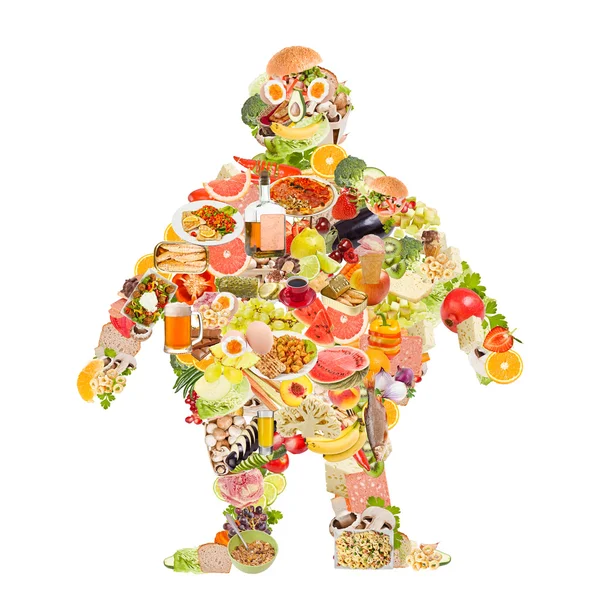Fasting Helps Restore the Body’s Organs
According to the CDC, about 1 and 3 Americans consume fast food daily. Such a poor diet weakens the organs such as the liver, lungs, colon, and kidneys. The most affected organ is the intestine, which cannot withstand the pressure and can collapse over time.
This brings us back to the point of fasting, which Muslims have been practicing for centuries (Happy Eid Mubarak to our Muslim friends!). Fasting allows the intestines, stomach, liver, gallbladder, pancreas, and kidneys to recover and regenerate. It also eliminates blood and lymph circulation.
Some medical experts believe that fasting makes no difference. According to Fernstrom, “There is no scientific evidence that fasting helps detoxify the body. The issue of fasting to cleanse the body has no biological basis because the body is very good at doing it itself.”
However, supporters believe that the body releases toxins during fasting.
Fuhrman disputes that there is no health benefit to fasting, stating, “We know that the body is not capable of ridding itself of toxins.” According to studies, people who fast during Ramadan have lower cholesterol levels. Elevated cholesterol levels lead to severe heart disease and obesity.

Fasting Reduces Weight
The question of how fasting helps with weight loss is an ongoing debate. The answer is simple: when we fast, our body’s primary source of energy, glycogen, is turned off. Glycogen forms when we eat carbohydrates, which the body turns to fat reserves to burn energy when on a low-carb diet. The body then resorts to burning fat, which helps the body reduce the excess pounds and improve blood pressure regulation.
While fasting for 30 days is a religious obligation for Muslims, fasting for as little as three to four days a month has positive effects on the body. However, fasting for an entire month provides the additional benefit of generating new white blood cells, helping to boost immunity.
The Effect of Leptin
Many people may not know that leptin is a hormone secreted by fat cells. The hormone basically signals the brain to speed up metabolism and burn fat. However, with leptin resistance, the brain does not accept this message. This causes the body to feel chronic hunger and, as a result, it’s harder to lose weight. Fasting, however, helps regulate leptin and insulin resistance. This helps us fight the constant cravings that lead to the release of excess toxins within the body, allowing you to lose weight.
Breaking Your Fast the Right Way
It’s tempting to want to gorge after being on an empty stomach for 14-16 hours. You can start off by drinking water. Throw in a slice of lemon if you have one. You should stay away from sugary juices and soda, which will spike your blood sugar levels. Your meal should be healthy and light. You can start with some soup or a healthy salad but lay off any heaving dressing. If in doubt, your safest bet is a light vinaigrette. For your main course, include a small fist-sized serving of protein alongside your favorite vegetables. Other healthy options include whole grains, eggs, and legumes. You should avoid fatty foods, processed meats, and any large serving of protein, as this may make you sluggish.
Stick to Smaller Portions
We live in a modern world where it isn’t easy to eat right and live a healthy lifestyle. However, fasting, even just a few days a month, promotes healthy body detoxification. When you do break your fast, stick to healthy portions. No one food group should dominate your plate. In other words, you shouldn’t overdo it with the proteins while minimizing or forgoing healthy carbs and starches. Some nutritionists even recommend eating from a smaller plate to get into portion control.
The benefits of fasting are many, and it is a great way to improve overall health. If you consider fasting as an option, consult your physician first, particularly if you have any underlying health conditions.





